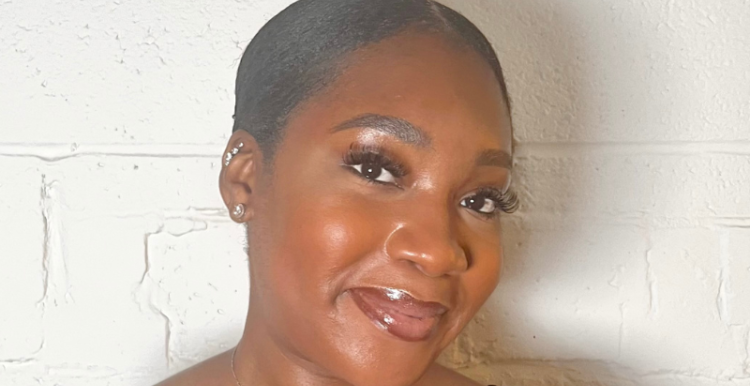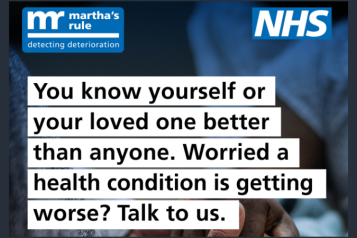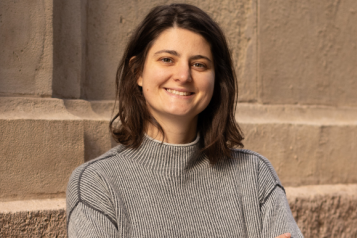Healthwatch Lambeth Meets... The Motherhood Group

With Maternal Mental Health Awareness Week around the corner (1-7 May) and our own maternity project in development, we wanted to speak to those most involved in improving maternity services for mothers in Lambeth.
This week, we sat down with Hilary Ibhagbemien, The Motherhood Group's new programmes and communications manager. She told us a little more about the organisation and how they're working on behalf of women in Lambeth and beyond.
What is The Motherhood Group?
The Motherhood Group is a social enterprise founded by Sandra Igwe in 2016. It focuses on supporting the black maternal health experience by delivering community-based events, workshops, peer-to-peer support, national campaigns and culturally sensitive programmes for black mothers.
What is your role?
I am the new programmes and communications manager. I handle all things engagement related, including social media, communicating with organisations in partnership to ensure our targets are met, and delivering workshops in our new office space here at Tripod. We're hoping to host about 10-12 mothers here for workshops.
What issues are The Motherhood Group addressing and what inequalities are we seeing within the health system?
The Motherhood Group focuses on the black maternal health experiences. There are many reports showing that black mothers get insufficient treatment. Black mothers in the UK are four times more likely to die during pregnancy and childbirth than any other ethnicity. We focus on bridging the gap between black mothers and the healthcare system and building trust between them, as there is not much trust, or rapport, at the moment.
Black mothers aren't as comfortable opening up about their issues because of a lot of the statistics around black mothers not receiving sufficient care. Some of the problems we see include black mothers being less likely to receive treatment for post-partem depression and this is because of a lack of trust. Black mothers are 83% more likely to suffer a near miss during pregnancy. Talking with black mothers, an issue we often hear about is that they feel judged by the colour of their skin within the healthcare system, and therefore don't receive enough treatment.
Black mothers often feel like they're not being listened to. When you feel that you're not listened to, it's easy to feel that your situation is being ignored. We are trying to focus on building that trust within the community.
With Maternal Mental Health Awareness Week coming up, are there any particular areas you're focussing on?
We're focussing on the detrimental impact that having a bad experience of the healthcare system can have on a black mother's mental health. It's important to understand why we're amplifying our voices in the black community. Sometimes the topic of mental health has been a no-go within black communities, so we are trying to break the stigma around that and make black women more comfortable coming into spaces like The Motherhood Group to speak about their experiences.
We focus on the training needed for health professionals. We're also advocating for funding, as there isn't a lot around and we want to advocate for personalised, sensitive, maternity care services.
We've also partnered with a range of organisations such as Impact on Urban Health, who offer support to improve the treatments made available to black mothers; ABC (the Avoiding Brain injury in Childbirth programme) and Young Mum's Connect, just to name a few.
The Motherhood Group are creators of the very first Black maternal health conference UK, which featured a number of black mothers, pregnant women, GP’s, MP’s, lawyers, midwives and many more workers and organisations. Sharing and listening about the topic of black maternal health, it was such an insightful day.
The Motherhood Group also hosts a Black mum’s fest every year which, as well as creating awareness around these issues, also gives mothers a platform to promote their business and encourage advocacy.
You can learn more about The Motherhood Group and its work here.


